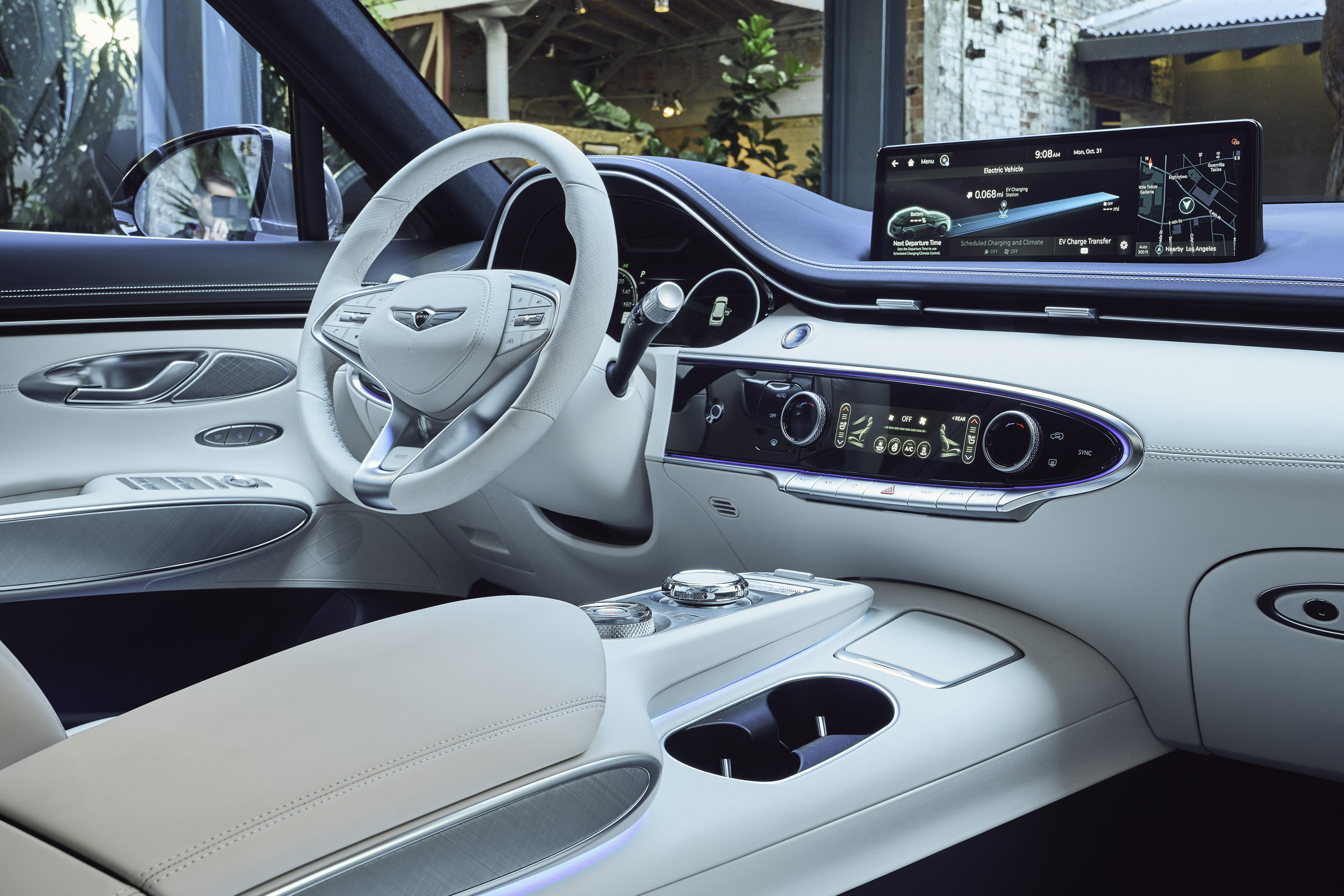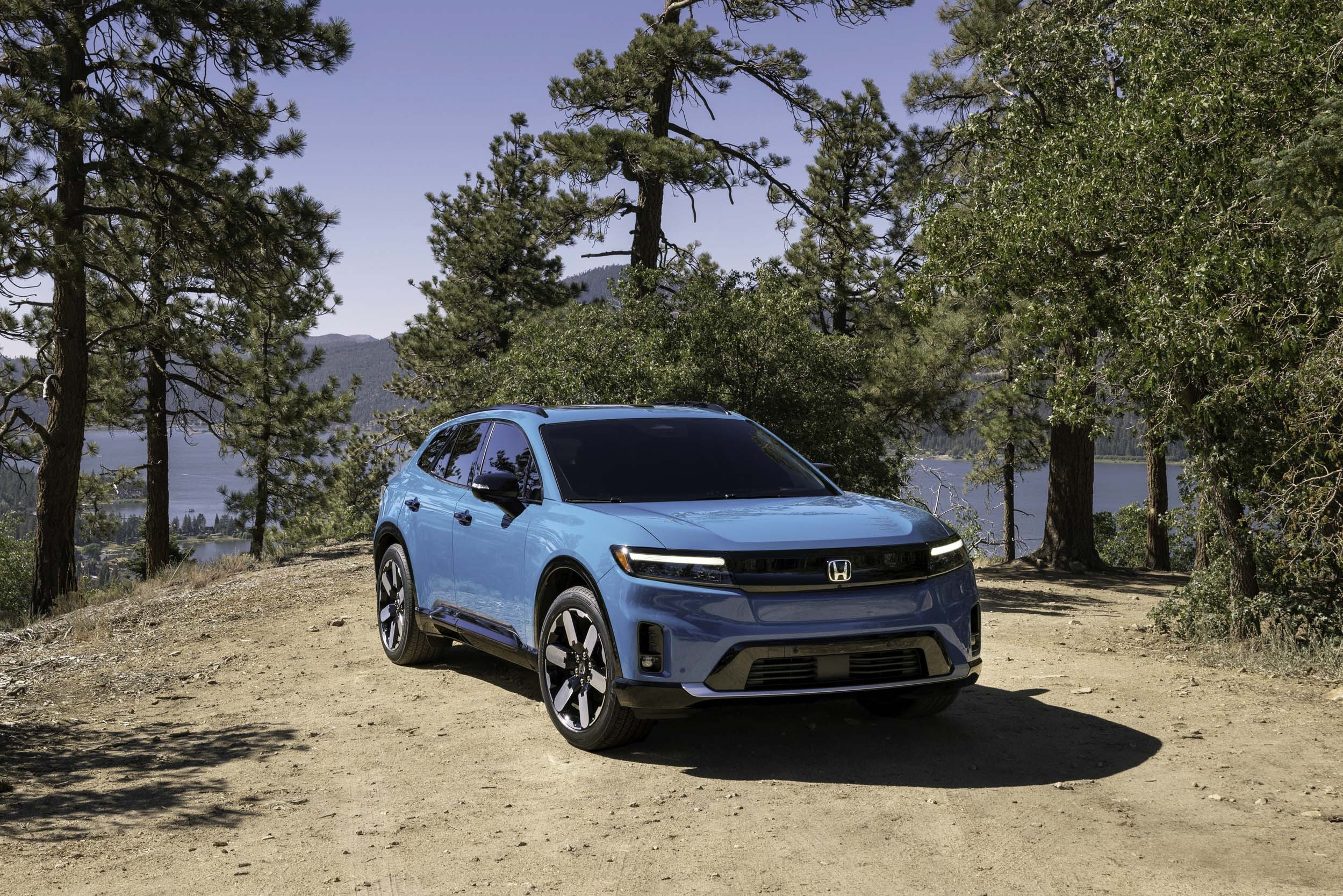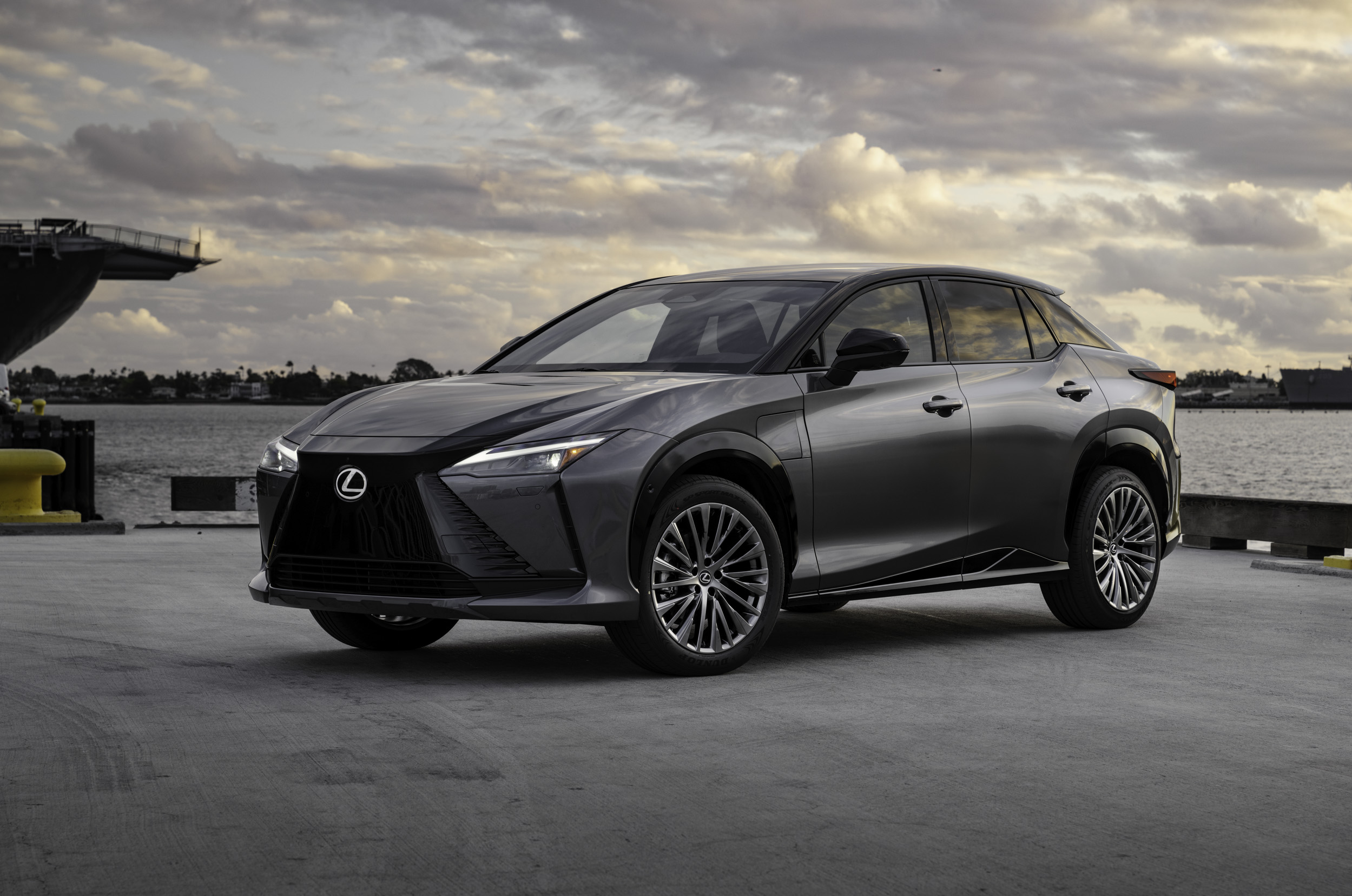The US State Department’s plan to allocate $400 million for “Armored Tesla” vehicles has raised significant concerns about conflicts of interest, especially with Elon Musk controlling both Tesla and substantial government spending. The plan, outlined in a December procurement forecast, spans five years starting in 2025. Although unclear which specific vehicle is intended, speculation points toward the Cybertruck, which Musk once called an “armored personnel carrier from the future.”
Public reaction to the news was swift and outraged. Many criticized the idea of a government insider, particularly Musk, securing such a substantial contract. Social media users highlighted the apparent injustice, questioning why the government would fund Musk’s ventures despite his constant accusations of government fraud. Some even mocked Tesla’s troubled reputation for quality, raising concerns about safety.
Critics also took aim at the $400 million expenditure, arguing it contradicts Musk’s public stance on reducing waste. The optics were so negative that the government quickly removed Tesla’s name from the procurement document. Bloomberg first reported this, signaling a possible backpedal by officials trying to avoid further scrutiny.
Nevertheless, the line item for “armored electric vehicles” remains in place, leaving open the possibility that Tesla will ultimately receive the contract. Musk, however, has denied any knowledge of the situation, tweeting that he wasn’t informed about the $400 million deal. This attempt to distance himself from the matter has been met with skepticism.
Meanwhile, Musk’s other company, SpaceX, continues to secure massive government contracts, including substantial deals with the Department of Defense and NASA. SpaceX’s $22 billion in government contracts further exacerbates concerns about Musk’s growing influence and control over federal spending, particularly in the aerospace and defense sectors.
While Musk’s companies have long relied on government contracts, his current involvement in shaping federal spending decisions raises questions about ethical boundaries. As one academic pointed out, this situation exemplifies how unchecked corporate power can lead to significant conflicts of interest, with Musk’s influence over government contracts now at unprecedented levels.





